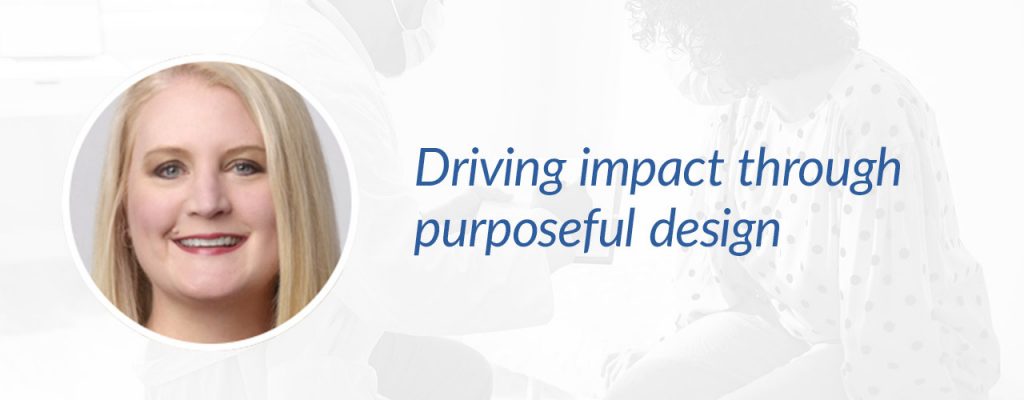Our world will be different in 2021 and beyond. The question is, how will we, as a health education community, evolve?
Here we are, finally, in 2021. For months we looked forward to turning a new year and imagined life where we are not jumping from crisis to crisis—put simply, life that just feels normal.
If there was one word to sum up all that jumping in the healthcare world in 2020, it would be “pivot”. It was what we in the CPD and patient education community did out of necessity to ensure we met the needs of patients and providers alike throughout the uncertainty.
Indeed, 2020 brought several challenges that forced our industry to pivot – to find solutions to new problems that our outdated models were not equipped to address. We had to find new ways to deliver care that did not require patients going into a clinic. We experienced the need for sharing time-sensitive COVID-19 information – first the disease, then the treatments, now the vaccines. All the while, the needs of patients with chronic disease, cancer, and acute illness did not stop. Throughout it all, we had to find new ways to meet all of these compounding challenges.
As our community rose to each of these challenges, an evolution within healthcare began to take shape. We thrust ourselves into learning how to “do” telemedicine. Digital technology is used now more than ever before to connect patients and providers. Patients are finding their voice to advocate for their needs, to push the “new normal” of access to care and care delivery.
This evolution has also led to a change in healthcare’s role in our national discourse. Our perception of disease risk and vulnerability grew. Our understanding of the interdependence between a healthy populace and a strong economy became apparent. Health care providers have been recognized as heroes for their efforts to care for patients around the clock when the world elsewhere came to a halt. Science—and our trust in science—became part of our daily, national discourse.
Our world will be different in 2021 and beyond. The question is, how will we, as a health education community, evolve?
We cannot expect health care providers or patients to learn in the same-old ways, when their needs and ways of communicating with one another other have evolved so acutely and profoundly. Continuing and patient education must meet the needs of providers and patients in our radically different post-COVID world. To do so, we must:
- Recognize that all clinicians are part of a full team of providers who provide care for patients. Continuing education needs to meet the needs of the broad team of providers — not just in treating disease but also in working together to do this safely and with efficient use of resources.
- Recognize that patients are demanding access to good care that is delivered safely, with growing interest in the use of health technology. Digital learning technology must evolve to meet the needs of patients and clinicians for improved communication, assessment, and treatment.
- Provide training in shared decision making that meets the needs of patients, is centered on dialoguing by patients, and is not simply focused on teaching clinicians how to talk at their patients.
- Prepare clinicians to be sensitive to their patients’ cultures, perspectives, and priorities through individualized care discussions.
- Provide learning technology that meets practical needs for relevant, easily accessible, and tailored content.
- Deliver access to education and information that leverages trusted expertise from pockets of knowledge, like centers of excellence and advocacy organizations, to connect patients, clinicians, and evidence.
In looking back on 2020, I am proud of our ability to pivot in such trying times. Looking ahead, I am excited at what this new digital evolution will continue to bring. We look forward to joining forces with those on the leading edge of education innovation to meet the needs of 2021 and beyond.
 Caroline Pardo, PhD, CHCP, FACEHP
Caroline Pardo, PhD, CHCP, FACEHP
VP, Educational Strategy & Partnerships
Phone: 347-753-2768
Email: cpardo@platformqhealth.com

